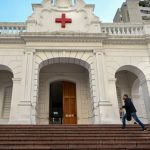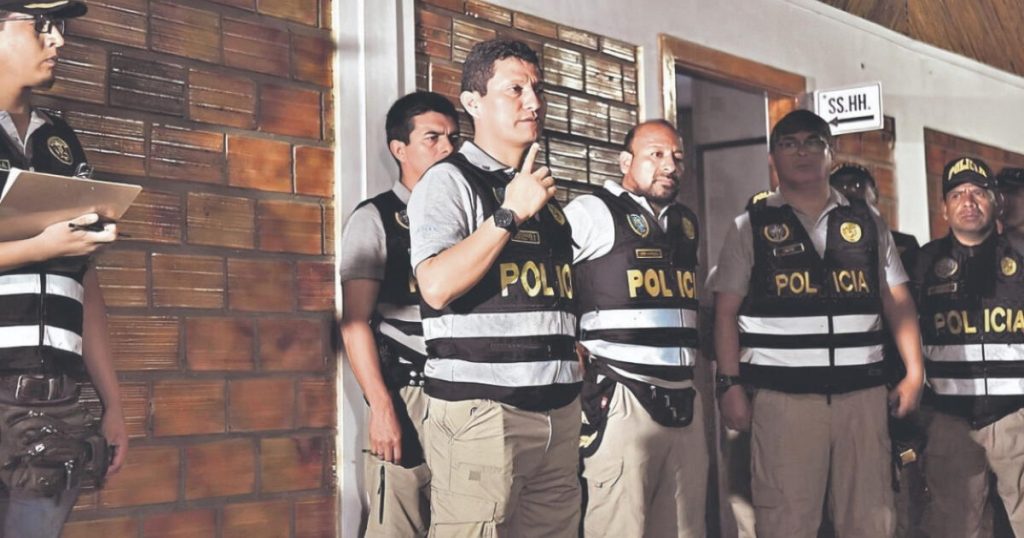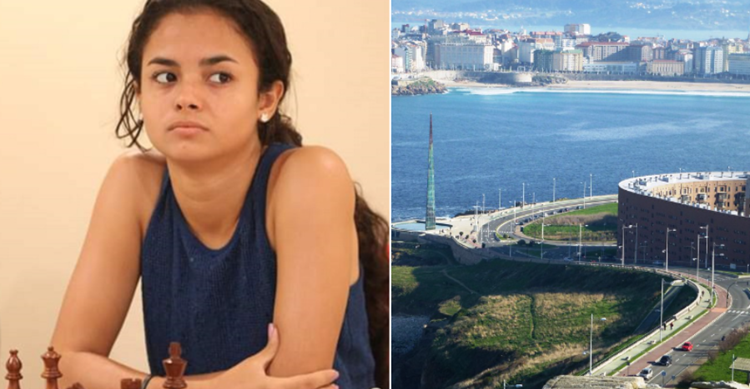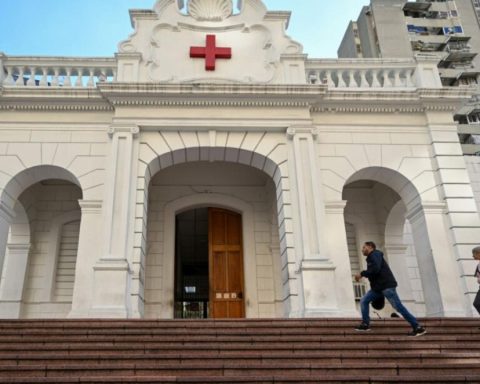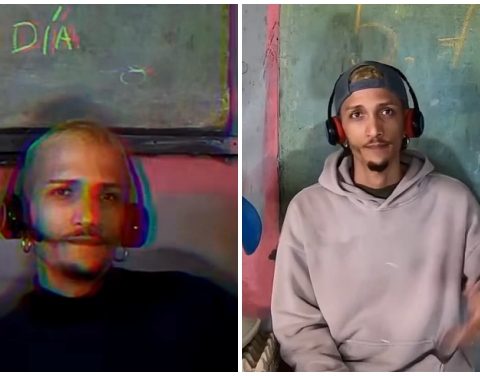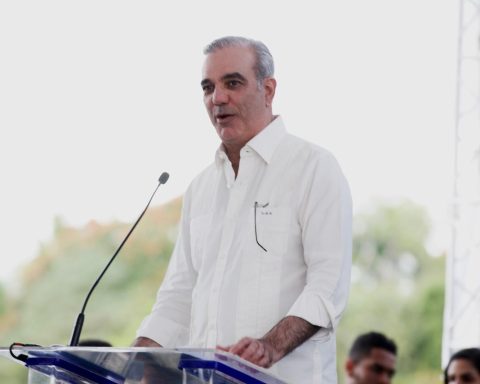TO
Carlos Tello, who passed away a few days ago, is remembered, and rightly so, for his commitment to Mexico: his work, his integrity and dedication as a public servant, as well as for his exceptional contributions to the study of the Mexican economy. Here I highlight him as a keen observer of a historical event that continues to mark our era: the collapse of the Soviet Union at the end of 1991.
Tello was the last Mexican ambassador to the USSR and the first to the Russian Federation. He served in Moscow from 1990 to 1994, years in which I had the privilege of working under his direction and of forging a strong friendship that we kept alive until the end. Because of his innate intellectual passion and his concern to understand the failure of a historic project that was collapsing before our eyes due to the weight of its internal contradictions, but whose social promises he shared, Tello was the ideal official for the circumstances. He turned the embassy into a true think tank. Under his tutelage, together with Juan Pablo Duch (today this newspaper’s exceptional correspondent in Moscow) and Juan Manuel Nungaray (ambassador in Paraguay), we produced hundreds of reports and analyses on the dramatic outcome of the events, which at the time were widely circulated in the foreign ministry and which today lie dormant in its archives. Fortunately, Tello also left a public trace of his reflections from those years: a series of articles in Nexos (1991-94) and Letters from Moscowa compilation of analytical letters that he wrote regularly to President Salinas and published by Cal y Arena (1994).
Tello’s texts questioned the orthodox narrative that predominated at the time. Thirty years later, their rereading tends to confirm that his vision was correct. One of the articles in Links He warned that if Russia continues along the liberal path of shock therapy, it will become an economy that depends on from the export of raw materials, which will have lost much of its technological and industrial potential and will be burdened with the problems of social inequality, unemployment and poverty that afflict developing countries.
; which turned out to be an accurate description of the economy that emerged from the catastrophic transition to capitalism in Russia in the late 1990s. Another article, devoted to the analysis of the coup that President Yeltsin staged in the Russian Parliament in 1993, and which orthodoxy praised as a necessary measure to avoid the supposed return to communism, warned that, in reality, the big loser
of those days had been Russia’s nascent democracy
. Ultimately, this violent suppression of Parliament opened the doors to the presidential constitution that underpins today’s Russia and the choice of state, which Yeltsin adopted three years later.
Finally, in his letters to Salinas, Tello draws attention to the problems of all kinds left behind by the hasty and chaotic dissolution of the USSR: economic, due to the breaking of ties between companies and industries in what had been a common space; ethnic, due to the mismatch between ethnic distribution and political geography (25 million Russians living outside Russia); territorial, due to the desire of regional entities, inherited from the Soviet era, to obtain full independence: Karabakh from Azerbaijan, Chechnya from Russia, Crimea from Ukraine, Abkhazia and South Ossetia from Georgia. In particular, the letters document well the extremely complicated relationship that began to develop, even before the dissolution of the USSR, between the two great Slavic republics: Russia and Ukraine. Reading them leads to a clear conclusion: these two countries had to walk together, or at least develop a modus vivendi that would allow them to peacefully manage the complex bilateral agenda they inherited from the collapse of the USSR, which included: the rights of Russian-speaking people and the highly populated regions of Ukraine, including Crimea, which Khrushchev had abandoned a few decades earlier pierced
from Russia to its homeland; the Black Sea Fleet; the close economic ties inherited from the USSR and a long, complex and conflict-ridden common history. If not, things could end very badly, as they did, at a cost that is already exorbitant for both and could be fatal for the entire world.
After Moscow, Tello served as ambassador to Cuba and as consul to San Francisco, returning to Mexico in 2000 as a distinguished academic at UNAM. After a little more than a decade abroad, he returned to the subject to which he devoted the best of his life from various angles: Mexico, its economy and how to tackle its ancestral social shortcomings. But even for a rich and interesting itinerary like his, those intense four years in Moscow, in which he was able to experience the birth of a new era, were very special. Without a doubt, they were for me and for all of us who lived with him during those unforgettable years.
* Member of the Mexican Foreign Service






